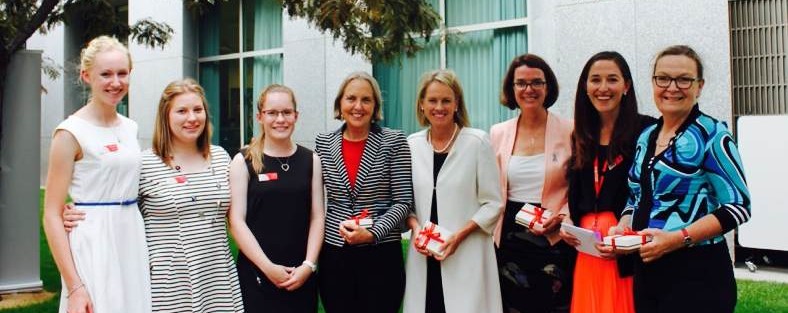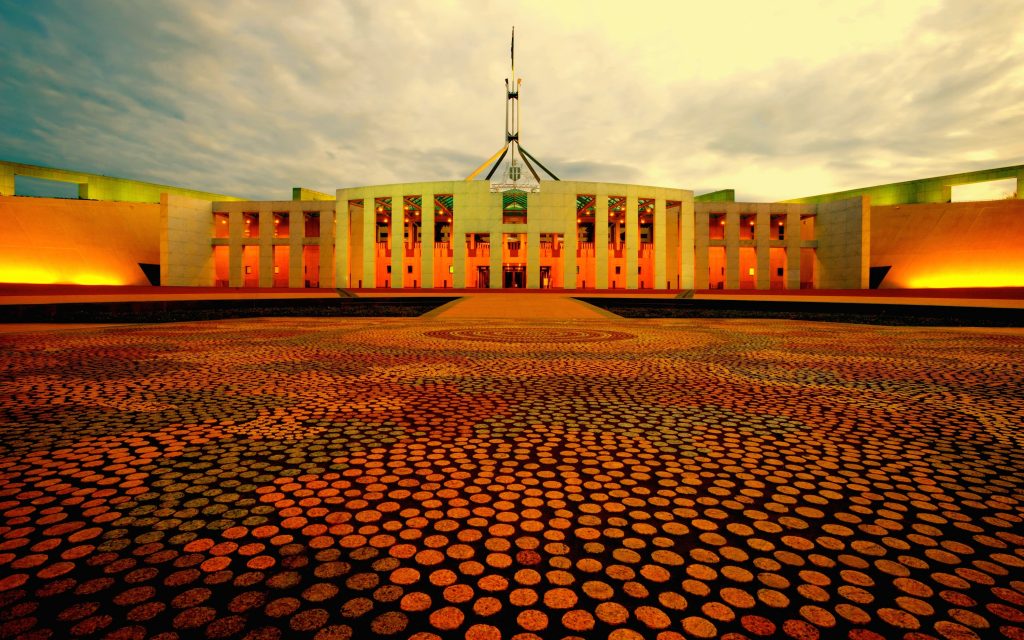50:50. Half and half. Equal. It’s a nice concept isn’t it? In the fight for gender equality, I guess that’s exactly what we are aiming for-a society where men and women have the same opportunities.
But when people propose quotas in order to achieve this, sometimes I wonder if we are actually missing the point? If we are so focused on equal outcomes, that we forget the underlying problems that prevent equal opportunity?

There are a number of problems that arise from having such a disparity between the number of men and women in parliament. The lack of role models for other women aiming to break into such a career is certainly one issue, but also the way issues pertaining to women are addressed when the parliament is full of men. We only need look at the celebration of International Women’s Day in a male only venue or the reluctance to remove the GST from essential women’s hygiene products to see that sometimes, without women in power, we lack the voice and the impetus needed to enact positive change.
However, as a female who had considered politics, for me, quotas were not the answer to the political problem with gender. They were, in fact, only another indication that as a female, politics was not my domain, that I could not get there without the help of my male counterparts, that concessions had to be for me to be successful, and that if I got into parliament, I would not be there because of merit, but because I was female.
Furthermore, changing the number of women in parliament doesn’t do anything to address the real problem, which is the attitudes which have prevented them from getting there in the first place. Sexist remarks and blatant discrimination can be seen towards female political figures from all sides of politics, from Peta Credlin to Julia Gillard to Christine Milne. We should not be implementing bandaid solutions to massive, deep-rooted problems. Society needs to change, so that women have equal respect, acceptance and opportunities. The numbers will follow.



